Are You a Self-Help Junkie? That’s This Month’s 1001 Ways to Higher Consciousness
Join me in Episode 134 of “Your Weekly Dose of Higher Consciousness”, a self-help podcast, as we explore one of the “1001 Ways to Being of Higher Consciousness.” This episode delves into being a “Self-Help Junkie” (in a good way, though there is a downside), engaging in self-help activities, and understanding that self help works. We discuss the transformative power of helping yourself, its consciousness calibration, and its potential shadow side. Drawing insights from the Map of Consciousness® and advanced spiritual teachings of Dr. David R. Hawkins, we invite you to explore the journey of self-improvement, self-discovery, self-healing and spiritual healing.
Unveiling the Power of Self-Help: Navigating the Path to Higher Consciousness
Introduction
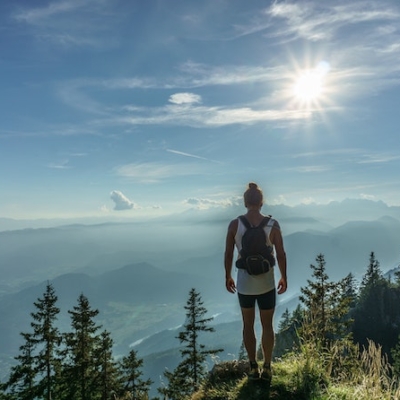 Welcome to a transformative journey toward higher consciousness and self-discovery! In this article, we dive into the self-help world, exploring its definition, effectiveness, and the profound insights it offers for personal growth. As we embark on this exploration, we’ll look at an insightful podcast episode and discuss the concept of self-help podcasts. Additionally, we’ll delve into topics related to self-help, share top-rated podcasts, and shed light on the self-help movement’s origins.
Welcome to a transformative journey toward higher consciousness and self-discovery! In this article, we dive into the self-help world, exploring its definition, effectiveness, and the profound insights it offers for personal growth. As we embark on this exploration, we’ll look at an insightful podcast episode and discuss the concept of self-help podcasts. Additionally, we’ll delve into topics related to self-help, share top-rated podcasts, and shed light on the self-help movement’s origins.
The Essence of Self-Help
At its core, self-help is providing assistance, guidance, and resources to oneself and others facing similar challenges without the need for official organizations. It’s a path that leads to higher consciousness and empowers individuals to elevate their awareness. As the Cambridge Dictionary describes, self-help activities involve equipping oneself with the tools needed to overcome life’s obstacles, fostering growth, and promoting well-being.
Exploring the Shadow Side
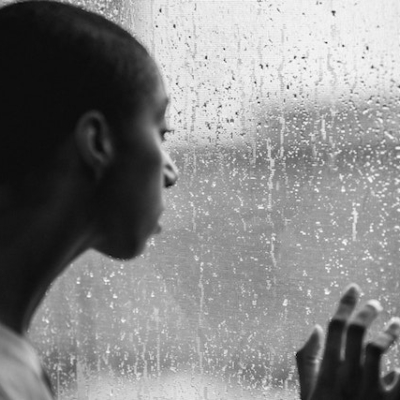 While self-help activities offer immense potential for personal transformation, it’s important to acknowledge the shadow side that can accompany this journey. Our familiarity with self-help’s light and shadow aspects allows us to approach it with a balanced perspective. By embracing both sides, we ensure our journey toward higher consciousness is authentic and all-encompassing.
While self-help activities offer immense potential for personal transformation, it’s important to acknowledge the shadow side that can accompany this journey. Our familiarity with self-help’s light and shadow aspects allows us to approach it with a balanced perspective. By embracing both sides, we ensure our journey toward higher consciousness is authentic and all-encompassing.
You need to be aware of the pitfalls to being a “self-help junkie,” and that’s the shadow side “energies” of self-indulgence, self scrutiny, and self-punishment.
Does Self-Help Work?
 Q. Does self-help work?
Q. Does self-help work?
A. Absolutely! Engaging in self-help activities is a powerful journey toward higher consciousness and personal growth. Let’s delve into this question and explore the benefits of embracing self-help.
According to ConsciousnessCalibrations.com, helping yourself or engaging in self-help activities is of higher consciousness and of higher mind at 275 on Dr. David R. Hawkins’s Map of Consciousness.®
Self-help is not just a trendy concept; it’s a profound path that can lead to transformative change. The consciousness calibration of 275 signifies a higher state of mind, highlighting the positive impact of self-help activities on personal growth and development. By actively participating in self-help practices, you’re taking steps to enhance your awareness, empowerment, and overall well-being.
Exploring Other Topics in the Same Energy Field
As we reflect on the effectiveness of self-help, it’s valuable to consider related topics that share the same energy of empowerment and growth. Here are a few:
1. The statement, “The pen is mightier than the sword,”: This timeless statement emphasizes the supremacy of communication over violence. Though the exact wording originated in 1839, the concept has roots in history, demonstrating the power of words to effect positive change and understanding.
 2. The Elevate App: Elevate is more than just an app; it’s a tool designed to enhance your cognitive skills. With over 40 games focused on areas like math, reading, writing, speaking, and recall, the app is a testament to the belief that self-improvement leads to increased productivity, earning potential, and self-confidence.
2. The Elevate App: Elevate is more than just an app; it’s a tool designed to enhance your cognitive skills. With over 40 games focused on areas like math, reading, writing, speaking, and recall, the app is a testament to the belief that self-improvement leads to increased productivity, earning potential, and self-confidence.
3. The Consciousness of Confidence: Confidence is an integral part of the self-help journey. Confidence is a key ingredient in personal growth, defined as the state of feeling certain about the truth of something and a feeling of self-assurance arising from one’s appreciation of their abilities. It aligns perfectly with the notion of self-help, where individuals learn to harness their inner strengths and capabilities.
Conclusion to the Question, Does Self-Help Work?
In the realm of self-help, the question isn’t whether it works, but rather how effectively it can enhance our lives. With a consciousness calibration of 275, self-help activities offer a path to higher consciousness, personal growth, and empowerment. As we explore related concepts like effective communication, cognitive training, and confidence-building, we gain a holistic understanding of how self-help can truly transform our lives for the better. So, if you’re wondering whether self-help works, the resounding answer is a confident “yes.”
Get Help Making Better Choices
I’ve consciously curated self-help resources that calibrate above 200 on the Map of Consciousness® to help you make better choices and align with higher consciousness in your life. Following are renowned spiritual leaders and teachers that can help you.
Q&A: Exploring Essential Self-Help Skills
Q. What would be considered self-help skills?
A. Self-help skills encompass a diverse range of abilities that empower individuals to take charge of their personal growth, navigate challenges, and cultivate well-being. These skills contribute to building resilience, fostering self-awareness, and embracing positive change.
Self-help skills are invaluable tools that empower individuals to embark on a journey of personal growth, development, and transformation. Here are some essential self-help skills that can lead to greater well-being and overall life satisfaction:
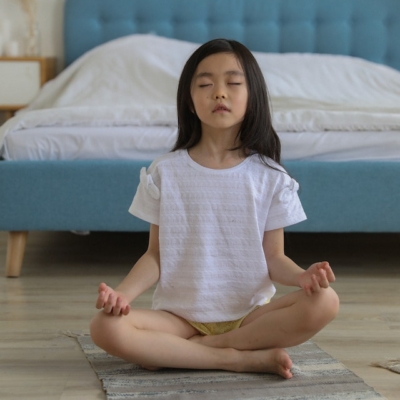 1. **Self-Awareness**: Understanding oneself, recognizing strengths and weaknesses, and gaining insight into personal triggers and behaviors are fundamental to self-help. Self-awareness forms the foundation for growth and positive change.
1. **Self-Awareness**: Understanding oneself, recognizing strengths and weaknesses, and gaining insight into personal triggers and behaviors are fundamental to self-help. Self-awareness forms the foundation for growth and positive change.
2. **Mindfulness and Meditation**: Mindfulness and meditation cultivate presence, reduce stress, and enhance emotional regulation. These techniques promote inner peace and a greater sense of well-being.
3. **Emotional Intelligence**: Developing emotional intelligence involves recognizing and managing one’s own emotions and understanding the feelings of others. This skill fosters healthy relationships, effective communication, and empathy.
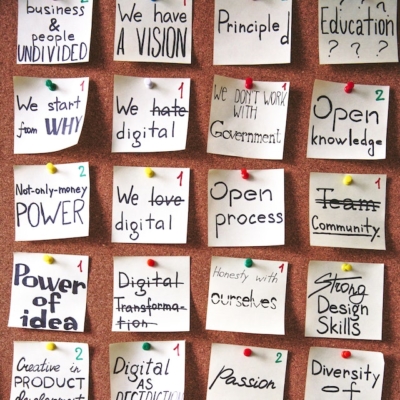 4. **Goal Setting**: Setting clear and achievable goals provides direction and purpose. Self-help involves mastering the art of setting realistic goals, breaking them into actionable steps, and tracking progress.
4. **Goal Setting**: Setting clear and achievable goals provides direction and purpose. Self-help involves mastering the art of setting realistic goals, breaking them into actionable steps, and tracking progress.
5. **Time Management**: Efficiently managing time allows individuals to balance responsibilities, engage in self-care, and pursue personal interests. Time management skills contribute to reduced stress and increased productivity.
6. **Problem-Solving**: Developing practical problem-solving skills enables individuals to navigate challenges positively. Problem-solving involves analyzing situations, exploring solutions, and making informed decisions.
7. **Positive Self-Talk**: Cultivating a positive internal dialogue is crucial for building self-esteem and resilience. Positive self-talk helps individuals manage self-doubt and approach challenges with confidence.
 8. **Stress Management**: Learning techniques to manage and cope with stress is vital for overall well-being. Stress management skills may include relaxation exercises, deep breathing, and seeking support. Discover the Ultimate Stress Management Guide: A Doctor’s Guide for Creating Lasting Calm with Robin Berzin, MD, esteemed faculty of mindbodygreen.com
8. **Stress Management**: Learning techniques to manage and cope with stress is vital for overall well-being. Stress management skills may include relaxation exercises, deep breathing, and seeking support. Discover the Ultimate Stress Management Guide: A Doctor’s Guide for Creating Lasting Calm with Robin Berzin, MD, esteemed faculty of mindbodygreen.com
9. **Effective Communication**: Communication skills play a pivotal role in self-help. Learning to express thoughts, feelings, and needs clearly and assertively enhances relationships and reduces misunderstandings.
10. **Assertiveness**: Being assertive involves standing up for oneself while respecting the rights and boundaries of others. This skill empowers individuals to communicate their needs and opinions confidently.
11. **Resilience**: Resilience is the ability to bounce back from setbacks and adversity. Developing resilience allows individuals to embrace challenges as opportunities for growth.
12. **Healthy Boundaries**: Setting and maintaining healthy boundaries ensures that individuals prioritize their well-being and prevent burnout. This skill involves saying no when necessary and protecting personal space.
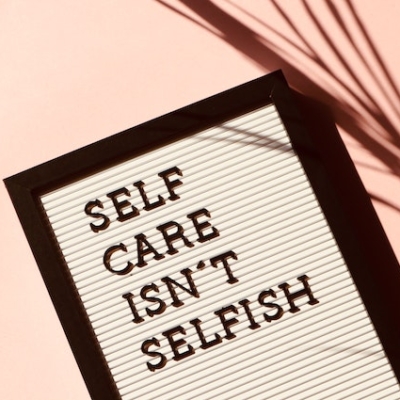 13. **Self-Care**: Engaging in self-care activities, whether physical, emotional, or mental, is a cornerstone of self-help. Prioritizing self-care fosters well-being and prevents burnout.
13. **Self-Care**: Engaging in self-care activities, whether physical, emotional, or mental, is a cornerstone of self-help. Prioritizing self-care fosters well-being and prevents burnout.
14. **Adaptability**: Embracing change and adapting to new situations is essential for personal growth. Developing adaptability skills allows individuals to navigate transitions with grace.
15. **Gratitude Practice**: Cultivating gratitude promotes a positive outlook on life and enhances overall well-being. Practicing gratitude involves recognizing and appreciating the blessings in one’s life.
In conclusion, self-help skills empower individuals to navigate life’s challenges, foster personal growth, and cultivate well-being. Individuals can embark on a transformative journey of self-discovery, resilience, and positive change by developing these skills.
Q&A: Exploring Top-Rated Self-Help Podcasts
Q. What are the top-rated podcasts?
A. While podcast ratings can change over time and are often subjective, several consistently top-rated self-help podcasts have gained recognition for their valuable content and impact on listeners’ lives.
The landscape of top-rated self-help podcasts is dynamic, with shows gaining popularity based on their content, hosts, and impact on listeners. While specific rankings may vary, here are a few podcasts that have consistently garnered positive reviews and recognition within the self-help genre and *some have hosts of proven higher consciousness to some degree:
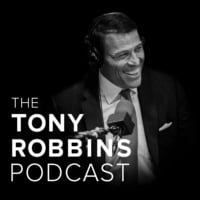 1. **”The Tony Robbins Podcast”**: Hosted by Tony Robbins, a renowned life coach and motivational speaker, this podcast features insights on personal development, business strategies, and achieving peak performance. With a focus on empowerment and transformation, Tony Robbins interviews influential figures and shares tools for success.
1. **”The Tony Robbins Podcast”**: Hosted by Tony Robbins, a renowned life coach and motivational speaker, this podcast features insights on personal development, business strategies, and achieving peak performance. With a focus on empowerment and transformation, Tony Robbins interviews influential figures and shares tools for success.
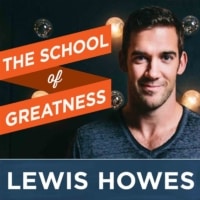 2. **”The School of Greatness”**: Hosted by Lewis Howes, this podcast explores the strategies and stories of individuals who have achieved greatness in various fields. It covers entrepreneurship, relationships, health, and personal growth, offering practical advice and inspiring stories.
2. **”The School of Greatness”**: Hosted by Lewis Howes, this podcast explores the strategies and stories of individuals who have achieved greatness in various fields. It covers entrepreneurship, relationships, health, and personal growth, offering practical advice and inspiring stories.
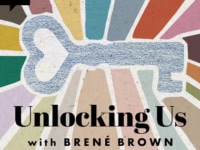 3. **Unlocking Us**: Brené Brown is an American research professor who specialises in courage, vulnerability, shame and empathy… all the good stuff, basically. Her hugely successful podcast ‘Unlocking Us’ sees her break down and explain the things that define humanity and reflect the experience of being human, from books, films and music to stories from heavyweight guests. Earnest, yes, but improving.
3. **Unlocking Us**: Brené Brown is an American research professor who specialises in courage, vulnerability, shame and empathy… all the good stuff, basically. Her hugely successful podcast ‘Unlocking Us’ sees her break down and explain the things that define humanity and reflect the experience of being human, from books, films and music to stories from heavyweight guests. Earnest, yes, but improving.
 4. **”The Minimalists Podcast”**: Joshua Fields Millburn and Ryan Nicodemus, known as The Minimalists, discuss intentional living, simplifying, and finding fulfillment with less. The podcast explores the benefits of minimalism and offers practical advice for decluttering both physical and mental spaces.
4. **”The Minimalists Podcast”**: Joshua Fields Millburn and Ryan Nicodemus, known as The Minimalists, discuss intentional living, simplifying, and finding fulfillment with less. The podcast explores the benefits of minimalism and offers practical advice for decluttering both physical and mental spaces.
5. **”The Life Coach School Podcast“**: Hosted by Brooke Castillo, this podcast focuses on life coaching principles, personal development, and mindset shifts. Listeners gain insights into overcoming self-limiting beliefs, managing emotions, and creating a fulfilling life.
 6. **”Optimal Living Daily“**: This podcast curates content from various self-help blogs, delivering daily episodes that cover personal development, productivity, and mindfulness. It provides listeners with bite-sized insights and actionable tips for improving their lives.
6. **”Optimal Living Daily“**: This podcast curates content from various self-help blogs, delivering daily episodes that cover personal development, productivity, and mindfulness. It provides listeners with bite-sized insights and actionable tips for improving their lives.
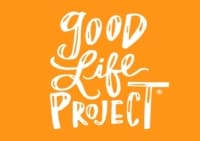 7. **”The Good Life Project“**: Jonathan Fields’s podcast explores the pursuit of a meaningful and fulfilling life. The show features in-depth conversations with thought leaders, authors, and experts, discussing topics related to well-being, purpose, and creativity.
7. **”The Good Life Project“**: Jonathan Fields’s podcast explores the pursuit of a meaningful and fulfilling life. The show features in-depth conversations with thought leaders, authors, and experts, discussing topics related to well-being, purpose, and creativity.
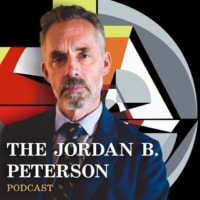 8. **The Jordan Peterson Podcast**: Dr. Peterson concentrates primarily on the role of the individual, and the responsibilities that accompany mature individuality, assuming that productive, engaging, peaceful and otherwise highly functional social systems depend on the idea of the sovereign person, and the burden and opportunity of adventure, vision and destiny that accompany that idea.
8. **The Jordan Peterson Podcast**: Dr. Peterson concentrates primarily on the role of the individual, and the responsibilities that accompany mature individuality, assuming that productive, engaging, peaceful and otherwise highly functional social systems depend on the idea of the sovereign person, and the burden and opportunity of adventure, vision and destiny that accompany that idea.
It’s important to note that podcast ratings can vary depending on personal preferences and the content’s relevance to individual listeners. Exploring these top-rated self-help podcasts can provide valuable insights, practical advice, and inspiration for those seeking personal growth and transformation.
Q&A: Your Weekly Dose of Higher Consciousness: A Self-Help Podcast
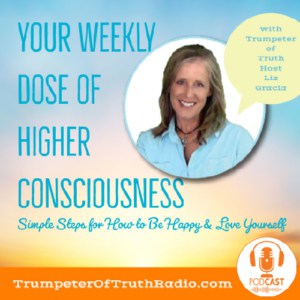 Q. Is Your Weekly Dose of Higher Consciousness podcast a self-help podcast?
Q. Is Your Weekly Dose of Higher Consciousness podcast a self-help podcast?
A. Yes, indeed! Your Weekly Dose of Higher Consciousness is a transformative self-help podcast that leads listeners on a journey of self-improvement, self-discovery, and spiritual healing. Let’s delve deeper into why this podcast falls under the self-help category, as detailed in its podcast description:
Your Weekly Dose of Higher Consciousness is much more than a podcast—it’s a guiding light toward elevated awareness across all aspects of life. Hosted by Liz Gracia, a transformational leader and spiritual teacher, this podcast empowers you to awaken to higher states of consciousness and uncover self-care strategies to heal and grow.
Liz Gracia draws upon the profound teachings of the esteemed Dr. David R. Hawkins, a renowned psychiatrist and teacher of consciousness. Through this podcast, Liz and her listeners embark on a journey that delves into the depths of consciousness, unveiling the path to authentic power, self-healing, and true fulfillment.
 **Empowering Insights for Self-Discovery**
**Empowering Insights for Self-Discovery**
The podcast is committed to inspiring you to break free from negativity and release suppressed emotions. It equips you with the tools to embrace happiness, health, love, wealth, and wisdom. With a practical and easy-to-understand approach, Liz Gracia shares insights that guide you to find happiness, maintain optimal health, and let go of resistance, allowing divine guidance to flow.
**A Vision of Alleviating Human Suffering**
Liz Gracia’s vision is profound and transformative—to alleviate human suffering and elevate the planet’s collective consciousness to a level of 250 on the Map of Consciousness®. This vision underscores the transformative power of the podcast, which aims to impact not only individual lives but the world at large.
Throughout your transformative journey, Liz Gracia stands by your side as a trusted guide. She offers support, wisdom, and encouragement as you explore the realms of higher consciousness. Together, you’ll uncover the true essence of power and joy that reside within you.
**Unlocking Boundless Potential**
Your Weekly Dose of Higher Consciousness Podcast invites you to transcend limitations and unlock your boundless potential. By engaging with this podcast, you’re embarking on a journey of personal growth, self-discovery, and empowerment.
In summary, Your Weekly Dose of Higher Consciousness is undoubtedly a self-help podcast that offers a transformative experience. With Liz Gracia’s guidance, the teachings of Dr. David R. Hawkins, and a commitment to elevating consciousness, this podcast empowers you to embrace self-improvement, self-discovery, and spiritual healing in all aspects of your life.
Here Are Some FREE Yet Powerful Energy Healing Practices for Self Care
Q&A: Tracing the Origins of the Self-Help Movement
 Q. When did the self-help movement begin?
Q. When did the self-help movement begin?
A. The origins of the self-help movement can be traced back to the 19th century, gaining momentum as a response to societal shifts and the growing need for personal development and growth.
The self-help movement emerged in the 19th century as a response to changing societal dynamics and the evolving understanding of human psychology and behavior. While the concept of self-improvement and personal growth has ancient roots, the formalized self-help movement began to take shape during this era.
The Industrial Revolution and rapid urbanization led to a shift in traditional social structures, prompting individuals to seek ways to navigate new challenges and uncertainties. During this time, key figures like Ralph Waldo Emerson and Henry David Thoreau emphasized individualism, self-reliance, and the importance of introspection. Their writings and lectures laid the foundation for the self-help movement by encouraging individuals to take charge of their growth and development.
The late 19th and early 20th centuries saw the publication of influential self-help books that addressed various aspects of personal development, including health, success, and happiness. One notable example is “Self-Help” by Samuel Smiles, published in 1859, emphasizing perseverance, discipline, and self-improvement.
Throughout the 20th century, the self-help movement evolved, incorporating diverse philosophies, psychological insights, and methodologies. Notable figures such as Dale Carnegie, Napoleon Hill, and Norman Vincent Peale contributed to the movement with books like “How to Win Friends and Influence People,” “Think and Grow Rich,” and “The Power of Positive Thinking.”
The advent of the internet and digital media in the late 20th century further democratized access to self-help content. Online platforms, podcasts, and social media have provided individuals with a wide array of resources for personal growth, allowing them to engage with self-help principles on a global scale.
In conclusion, the self-help movement began to take shape in the 19th century, driven by societal changes and a growing interest in personal development. It has since evolved, incorporating insights from psychology, philosophy, and various disciplines to offer individuals a path to self-improvement, empowerment, and transformation.
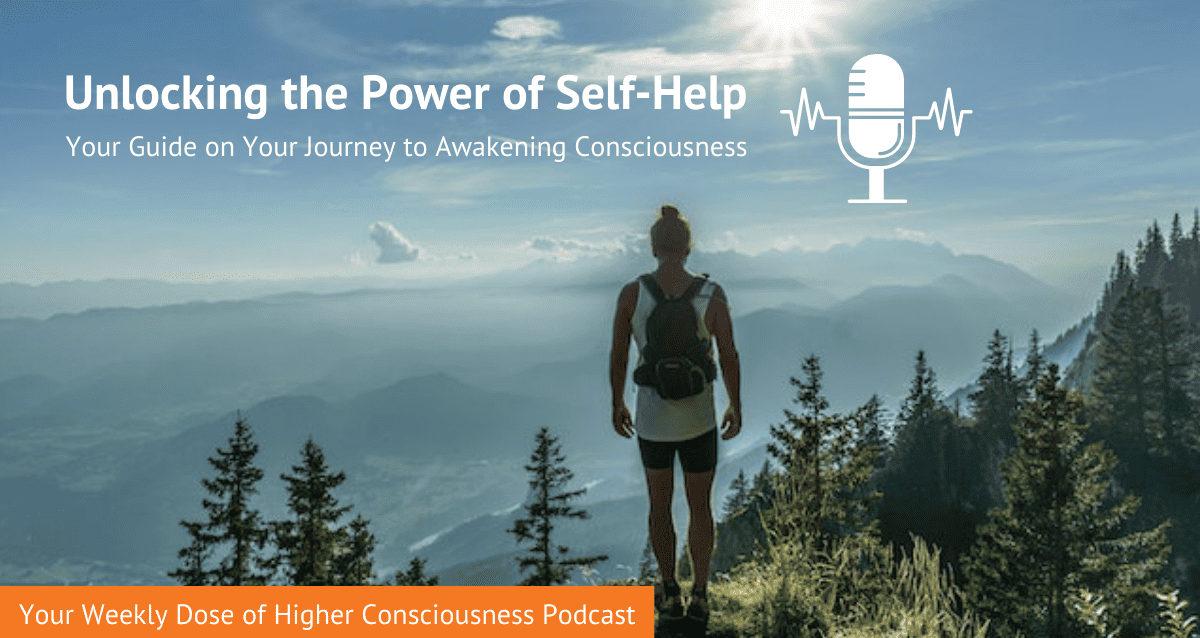





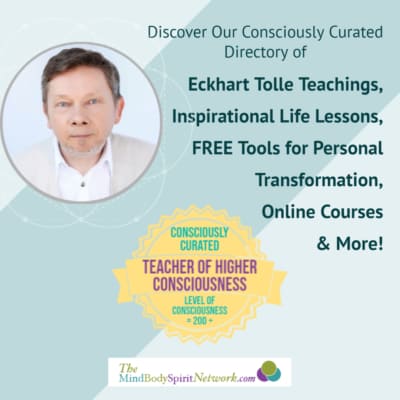
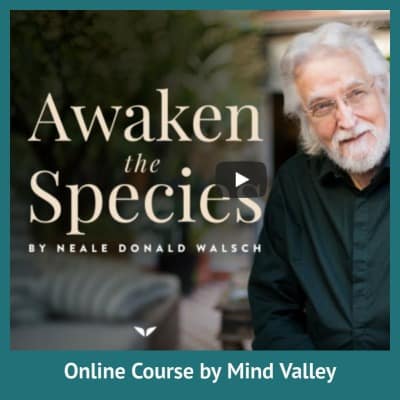
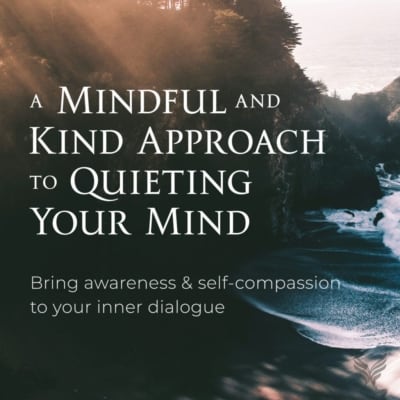

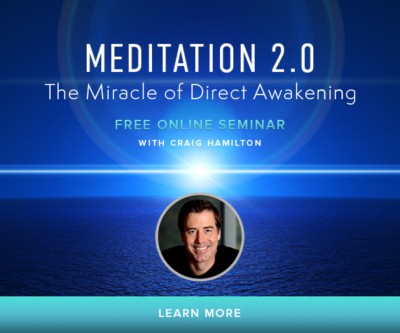

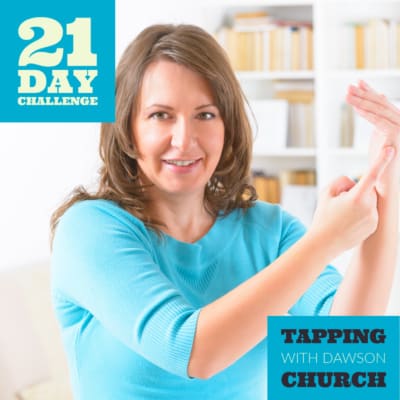

Leave a Reply